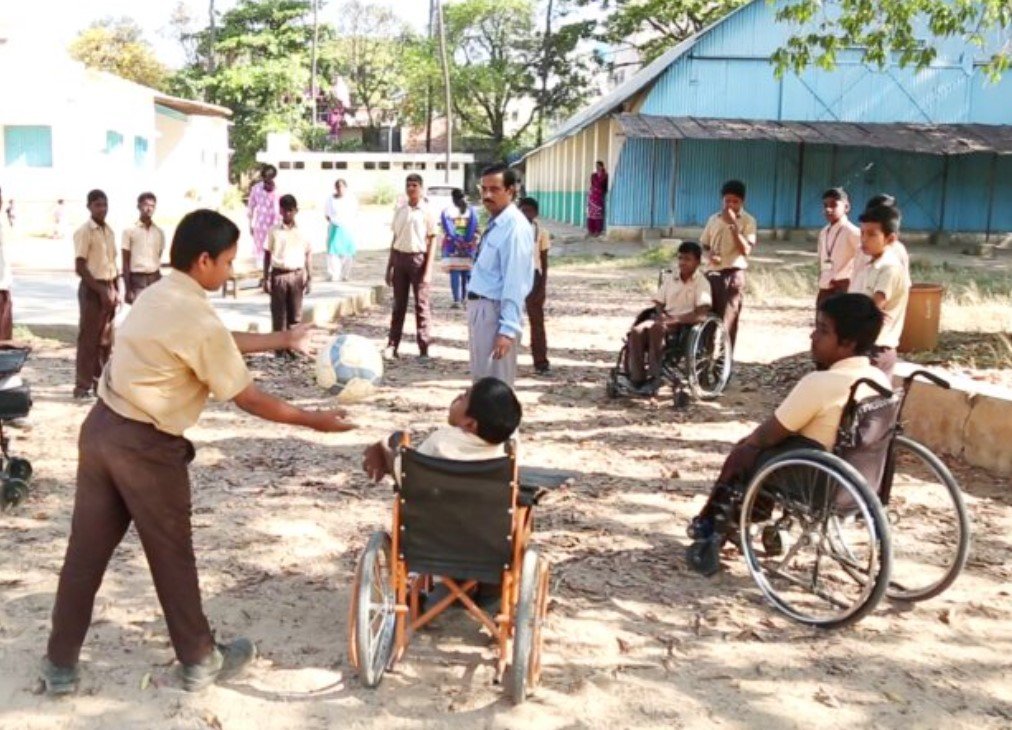Advocates are calling for more inclusive healthcare for people with disabilities, highlighting the ongoing challenges they face despite the progress made since the Americans with Disabilities Act (ADA) was signed 34 years ago. These advocates emphasize the need for a healthcare system that is accessible, equitable, and responsive to the unique needs of individuals with disabilities. By addressing these issues, the healthcare system can better serve this population and ensure that they receive the quality care they deserve.
Accessibility remains a significant barrier for people with disabilities in the healthcare system. Many healthcare facilities are not fully equipped to accommodate individuals with physical, sensory, or cognitive impairments. This lack of accessibility can prevent people with disabilities from receiving timely and appropriate care. For example, medical equipment such as examination tables and diagnostic tools are often not designed with accessibility in mind, making it difficult for patients with mobility issues to receive proper examinations.
In addition to physical barriers, there are also communication barriers that can hinder access to healthcare. People with hearing or vision impairments may struggle to communicate effectively with healthcare providers, leading to misunderstandings and inadequate care. To address these issues, healthcare facilities need to invest in accessible medical equipment and provide training for staff on how to communicate effectively with patients with disabilities. This includes using assistive technologies and ensuring that information is available in accessible formats.

Ensuring Equitable Care
Equity in healthcare means providing care that is fair and just, taking into account the unique needs and circumstances of each patient. For people with disabilities, this often means addressing disparities in health outcomes and ensuring that they have the same opportunities for good health as everyone else. Unfortunately, people with disabilities often face significant health disparities, including higher rates of chronic conditions and lower rates of preventive care.
To promote equity, healthcare providers must adopt a person-centered approach that recognizes the individual needs of patients with disabilities. This includes developing care plans that are tailored to their specific health conditions and providing support for managing chronic illnesses. Additionally, healthcare providers should work to eliminate biases and stereotypes that can negatively impact the care of people with disabilities. By fostering an inclusive and respectful environment, healthcare providers can help ensure that all patients receive the care they need.
Building a Responsive Healthcare System
A responsive healthcare system is one that can adapt to the changing needs of its patients and provide timely and effective care. For people with disabilities, this means having access to a range of services and supports that can help them maintain their health and well-being. This includes not only medical care but also social and community services that can address the broader determinants of health.
Advocates are calling for greater integration of healthcare and social services to create a more holistic approach to care. This includes providing support for activities of daily living, such as transportation and housing, which can have a significant impact on health outcomes. Additionally, healthcare providers should work closely with disability advocacy organizations to ensure that the voices of people with disabilities are heard and that their needs are addressed in healthcare policy and practice.
The Role of Policy and Advocacy
Policy and advocacy play a crucial role in advancing inclusive healthcare for people with disabilities. Advocates are pushing for policies that promote accessibility, equity, and responsiveness in the healthcare system. This includes advocating for funding for accessible medical equipment, training for healthcare providers, and support for integrated care models. Additionally, advocates are working to raise awareness about the unique healthcare needs of people with disabilities and the importance of inclusive care.
By engaging with policymakers, healthcare providers, and the broader community, advocates can help drive the changes needed to create a more inclusive healthcare system. This includes not only addressing immediate barriers to care but also working towards long-term solutions that promote health equity and improve outcomes for people with disabilities. Through continued advocacy and collaboration, it is possible to build a healthcare system that truly serves all members of the community.
















